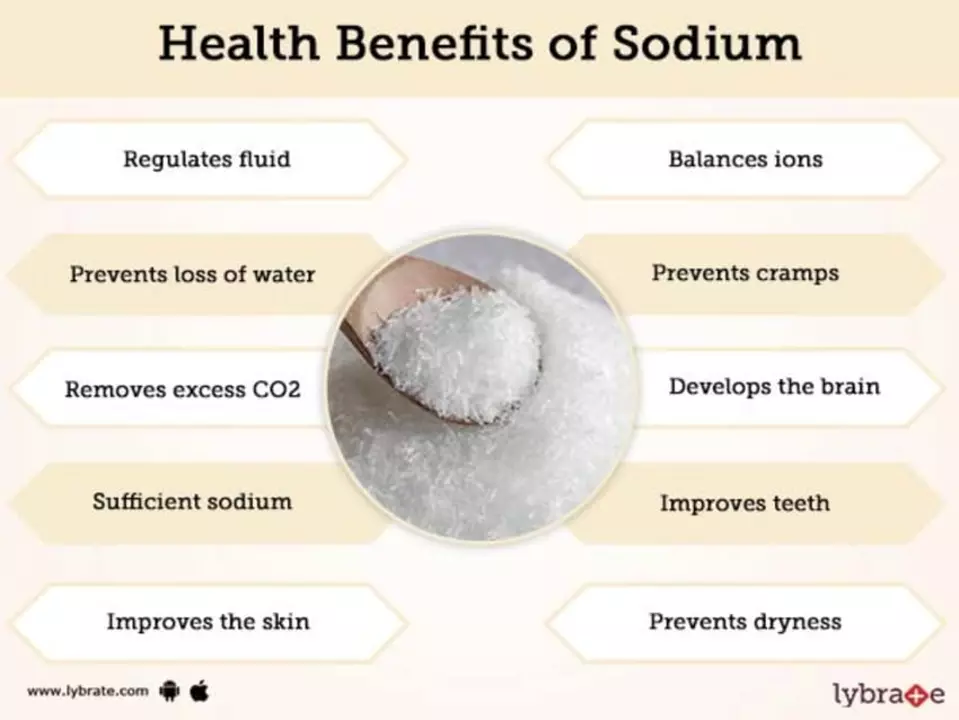Dental Health: Simple Habits for a Strong Smile
You don’t need expensive tools or endless appointments to keep your mouth healthy. Small, consistent habits make a big difference. This page collects simple, practical tips on brushing, flossing, diet, and when to see a dentist. Use what fits your routine and start today.
Daily oral care that works
Brush twice a day for two minutes. Use a soft brush and a fluoride toothpaste. Replace the brush every three months or when bristles fray. Electric brushes help remove more plaque but a manual brush works if used well. Don’t rush—two full minutes matters.
Floss once a day to clean between teeth. Try interdental brushes if floss is difficult.
Food, drinks and habits to watch
Sugar feeds the bacteria that cause cavities. Cutting snacks and sugary drinks lowers your risk. Acidic drinks like soda and fruit juice soften enamel—rinse with water after sipping. Chewing sugar-free gum after meals can boost saliva and protect teeth.
Smoking, vaping, and heavy alcohol harm gums and stain teeth. Quitting improves breath, appearance, and long-term oral health.
If you wear a nightguard, retainer, or denture keep it clean. Follow care advice from your dentist to avoid infection and damage.
Don’t skip dental visits. See a dentist annually or more often if you have problems. Early treatment of cavities and gum disease saves money and pain later.
Worried about cost? Look for low-cost clinics, dental schools, or payment plans.
Certain medicines and conditions affect oral health. Dry mouth raises the risk of decay; ask your doctor if a drug could be the cause. People with diabetes need careful gum care because healing is slower.
Use fluoride options if your water lacks it. Talk to your dentist about varnish, prescription toothpaste, or rinses.
If a tooth hurts, call your dentist promptly. For bleeding gums, persistent bad breath, loose teeth, or swelling seek help quickly.
Kids need help and habits built early. Start brushing as soon as the first tooth appears and use fluoride toothpaste at the right age.
Final quick checklist: Brush twice, floss daily, cut sugary snacks, visit your dentist, and quit smoking.
Use this tag to find our related articles on oral meds, supplements, and lifestyle tips. Bookmark the page and come back when you need clear, practical dental advice.
Want to know which toothpaste fits you? Look for ADA or local health approvals and a fluoride formula. For stubborn stains, ask about professional cleaning or safe whitening options.
If anxiety or gag reflex stops you from dental care, tell your dentist—there are simple fixes, from numbing gels to sedation. Remember, prevention beats repair: save time and money by protecting teeth now.
Questions about medications and oral side effects? We cover interactions, dry mouth, and supplements in our posts. Tap through tag articles to read specific guides on drugs, supplements, and cost-saving tips for dental care.
If you need personalized advice, book a local appointment or a telehealth consult. Healthy teeth start with small choices daily. Start today.



